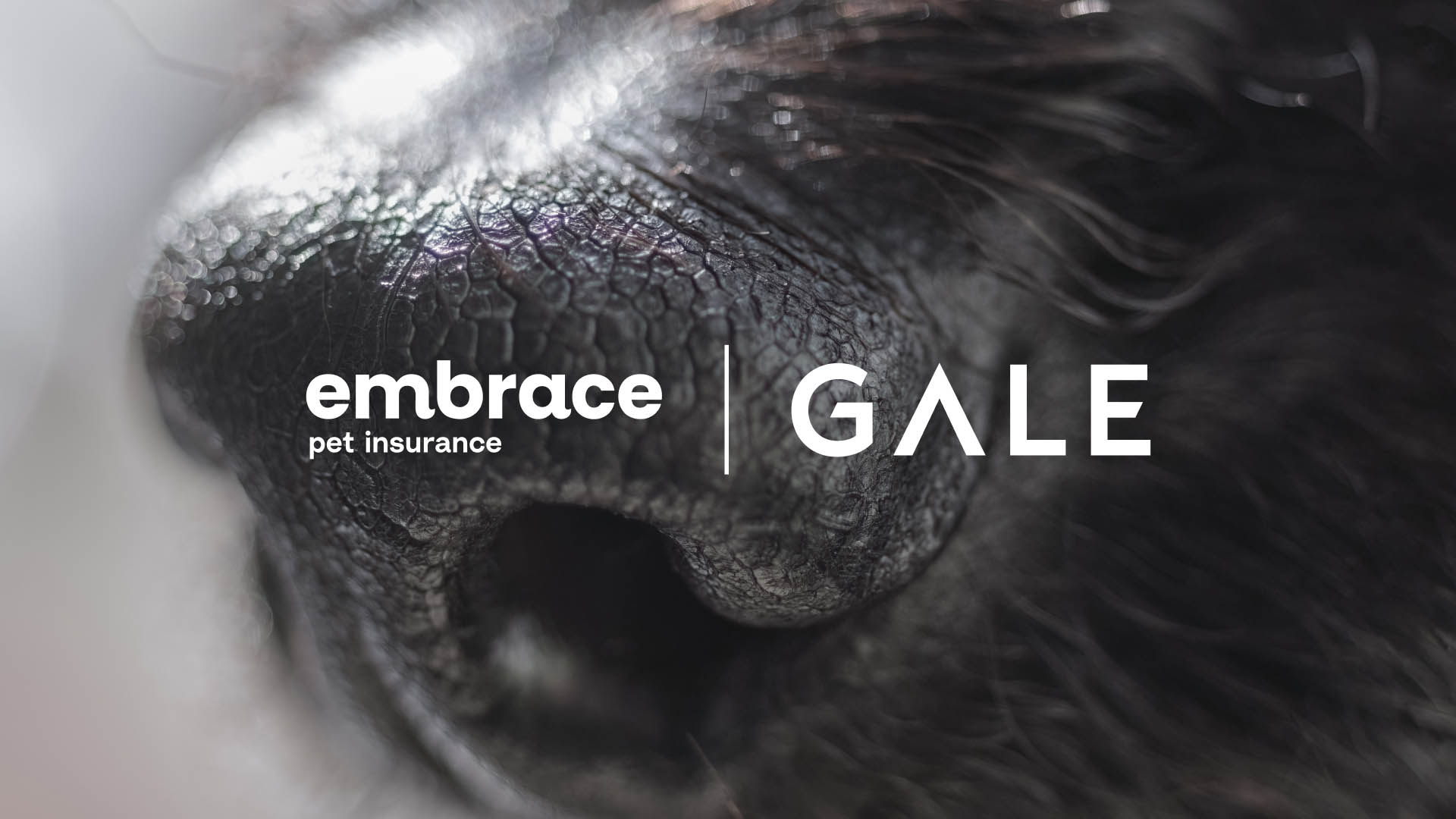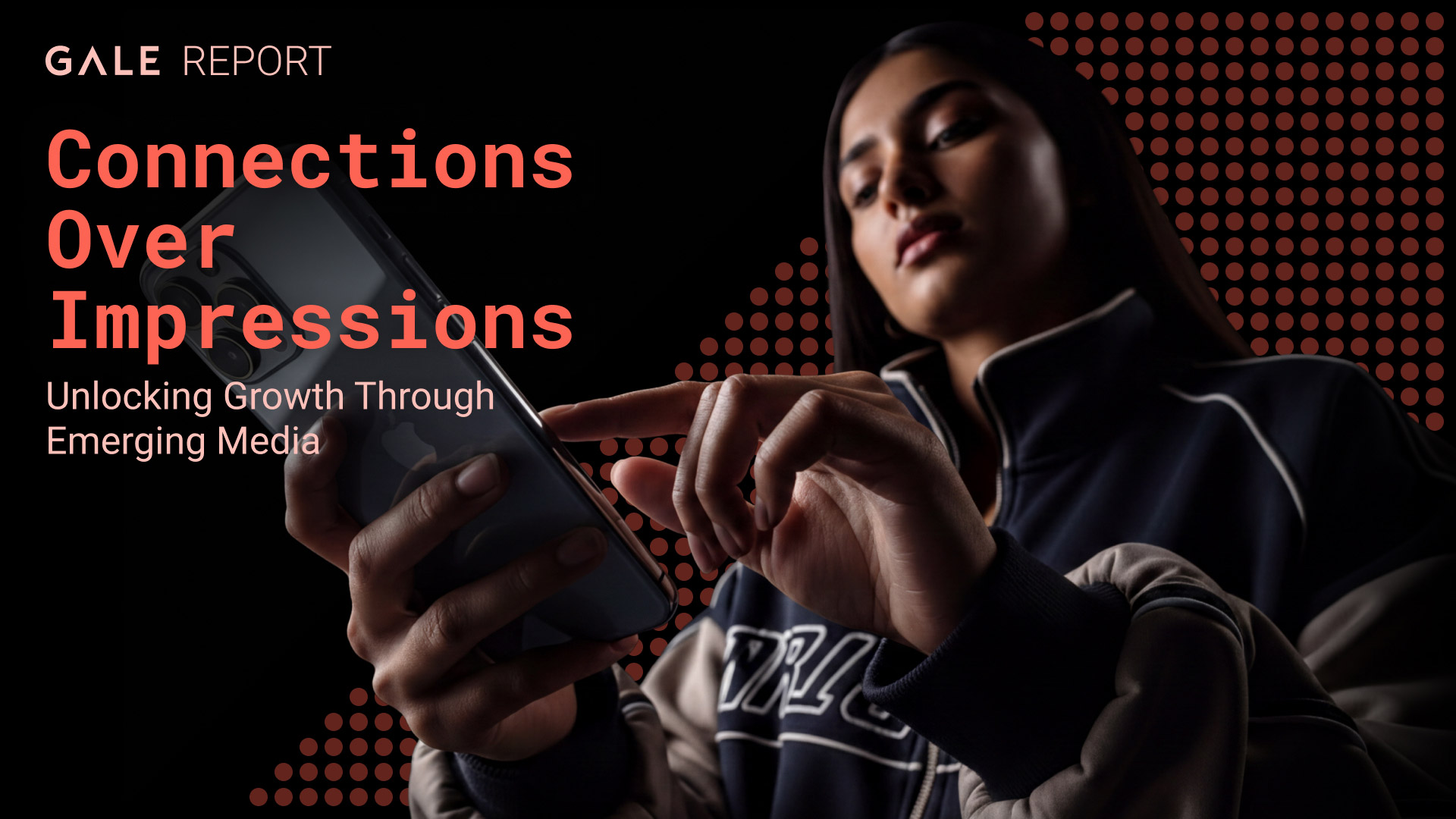Last week, our Chief Brand & Experience Officer Winston Binch participated in a panel discussion with The BeanCast, a weekly roundtable podcast focused on marketing and advertising, alongside Emily Binder, Founder, Beetle Moment Marketing; Joseph Jaffe, Host, Corona TV; Jason Keath, CEO, Social Fresh; and host Bob Knorpp.
The group touched on a variety of topics, including advertising’s trust problems, why Quibi is failing, mobile gaming’s ad advantages under quarantine, and Facebook’s acquisition of GIPHY. Here are a few highlights of Winston’s POV:
How COVID is making things worse when it comes to failing trust in advertising: I think COVID just shined a very bright light on the issues. The fact is, most advertising just isn’t smart. It’s driven by hunches, not real behavior, it’s not relevant, and it’s focused on one-off ads and awareness. The “we’re in it together” ads, while good intentioned, didn’t help either. ‘Relevant’ is the word. Why are these brands sending me messages not relevant to my situation, and what are they doing to actually fix things?
Should we even try under these circumstances? In the creative agency, we made most things up. There’s a real lack of business-driven or behavioral-driven insight that is leading to the creative. That’s still what’s going on. You’re taking shots in the dark. The smart brands, the brands that are winning, are doing so in the middle of the funnel with next-gen tech and the right creative messages. There needs to be a shift of focus. We need to start putting more emphasis on the customer experience. It doesn’t matter what you have to say, it’s “what are you doing?”
On DTC brands: I think about CRM as consent. When I talked about the advantages for DTC companies, it’s because they collect data and know who their users are. If a user’s given their email, you have consent and the ability to truly understand their needs and grow with them and really evolve. There is a role for larger legacy companies – look at brands like Michaels, which has been disrupted by most companies like Amazon, but they invested ahead of this crisis in curbside and other things and are really doing well. You have to be ready for the future…the innovation required, the investment in digital for some that started before this, is paying off.
Quibi’s failing launch: It clearly was not a smart launch; it feels like one of these ideas that was 150% gut. Even the insight that it’s for the in-between moments feels a little bit lazy. I think the 10-12 minute format is really smart (e.g. The New York Times Op-Docs). I don’t hate it as much as others, I watched a few shows and completely agree it can’t be a walled garden. It wasn’t a smart way to go to market and they’re up against a lot. It smells like “Old Hollywood” and “Old Advertising.”
Advertising in mobile games: It’s something that really hasn’t ramped up. It’s a great place for innovation, particularly in marketing. We also have to talk about interruption and not messing up the game play—that can really upset users. The trick is, how do you integrate a brand and do it in a way that’s authentic to them, that is also going to be beneficial and helpful to the user and the game player?
Facebook’s acquisition of GIPHY: GIFs are probably the greatest thing on the internet, smart buy. They’re a great way to communicate, but from an advertising/marketing standpoint one challenge I’ve had using GIFs with brands is people love to share GIFs that are in culture, that they’re part of it. When a brand starts using its own assets, people just don’t care. Netflix did a good campaign with GIPHY around “Stranger Things,” but those were characters with emotional attachment to culture. It will be interesting to see the integration of GIFs into Facebook and Instagram, and what the possibilities become for brands in terms of marketing. That’s been one challenge for GIFs, as much as I love them.










